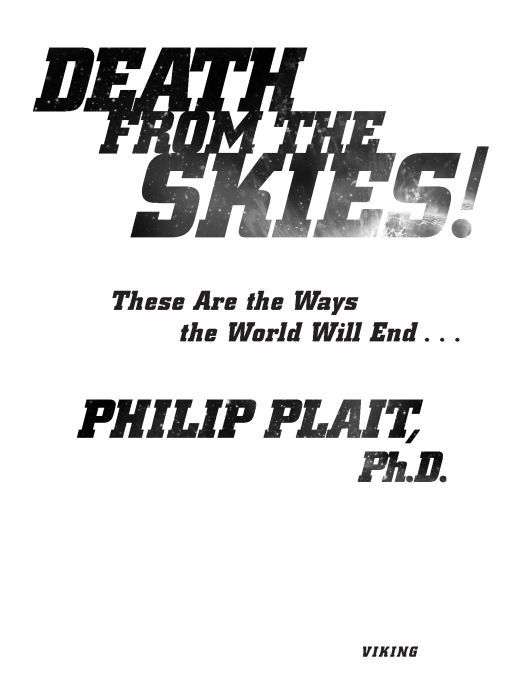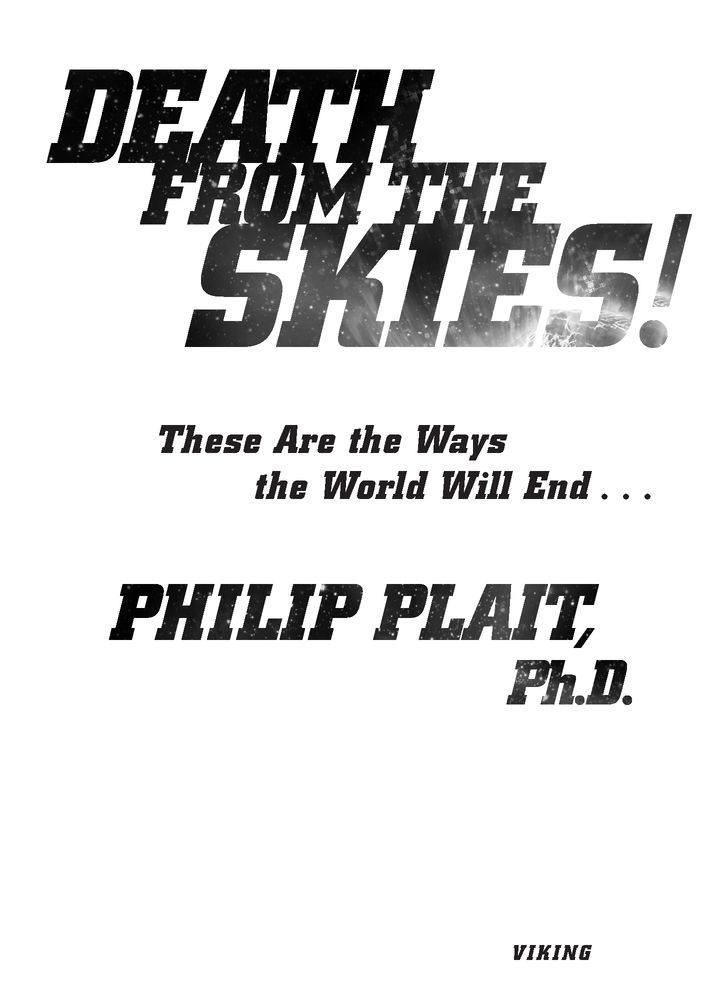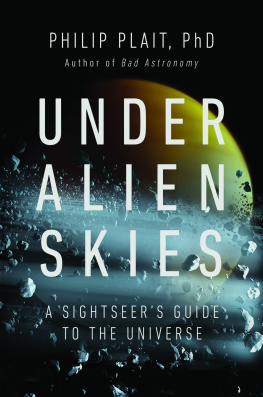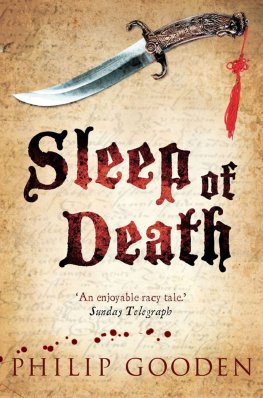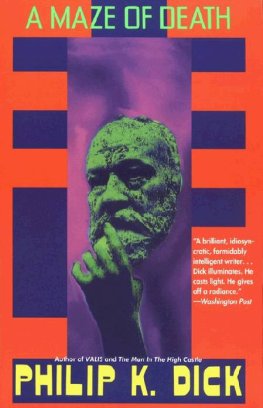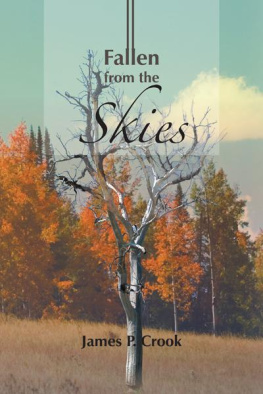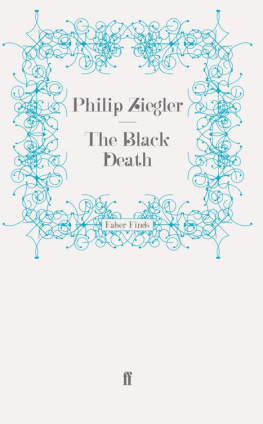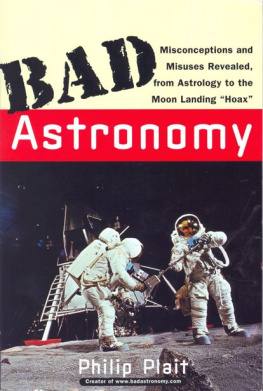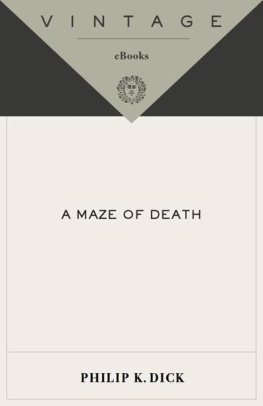Table of Contents
Introduction
THE UNIVERSE IS TRYING TO KILL YOU.
Its nothing personal. Its trying to kill me too. Its trying to kill everybody.
And it doesnt even have to try very hard.
The Universe is an incredibly hostile place for life. Virtually all of it is a vacuum, so thats bad right from the start. Of the extremely few places that arent hard vacuum, most are too hot for chemical reactions to do very wellmolecules get blasted apart before they can even properly form. Of the places that arent too hot, most are too coldreactions happen too slowly to get interesting things to occur in the first place.
And in the very few places that arent in a vacuum, too hot, or too coldand we really know of only one: Earthall manner of dangers are lurking about. Volcanoes blast megatons of noxious chemicals into the air, spew lava for miles, and cause vast earthquakes. Tsunamis rewrite huge sections of coastlines. Ice ages come and go; mountains pop up and change the global weather system; whole continents get subducted into the glowing rock of the mantle.
And those are just the local problems. Earth still sits in the incredibly hostile environment of space, and all kinds of disasters might befall us from thereliterally.
But then, thats what this whole book is about.
Other job markets may lay claim to the title, but astronomy is actually the worlds oldest profession: early agricultural civilizations needed to know when to plant their crops and when to harvest, and the changing skies gave them their clues. The appearance of a certain constellation at a certain time was as good as marking a calendar.
The Sun was worshipped, and the Moon. This evolved into the belief that all gods lived in the sky. Studying the sky was tantamount to worship.
Astrology arose, attempting (and failing, Ill note) to tie peoples lives to the sky. With the invention of the telescope, and cameras to fit onto them, the sky was found to be more than just a reflection of our superstitions. It became a canvas for some of the finest artwork humans have ever seen. Its vista boasted dusty, ribboned nebulae; sweeping, majestic galaxies; layered, mottled planets. It was a thing of beauty.
Astronomy became even more of a science, guided by principles of physics, mathematics, and chemistry. It blossomed into a field in its own right, and spawned many more.
And during all this time, through all those millennia, it was always assumed that the Universe was a place designed for humans. Everything must be just so to support us, and clearly this was the way things were meant to be.
Hubris. Silly, silly hubris.
Because the Universe is a violent place. Stars explode. Stars like the Sun can die in milder events, but die just the same. Whole galaxies collide, igniting fireworks on a cosmic scale. Asteroids impact other planets; could they hit us?
When we launched telescopes into space, we equipped them with cameras that could detect ultraviolet light, X-rays, super-high-energy gamma rays. We saw a Universe that seemed actively trying to destroy us. Exploding stars are phenomenally dangerous, blasting out vast amounts of killing force and energy. Black holes are everywhere, lurking throughout the galaxy, devouring anything that wanders too close. Flashes of high-energy light from distant points in the Universe whisper of powers terrible and gross, enough to fry entire solar systems that get in the way.
The Earth seemed to be the center of the Universe for much of mankinds history. Now, however, the Earth seems fragile and impossibly small, a remote speck of dust lost in a Universe of frightening size and age.
In reality, the Universe cares not at all if we live or die. If a human were magically transported to any random spot in the cosmos, within seconds hed die 99.999999999999999 percent of the time. At best.
Yet, despite all that (and quite a bit more still unsaid), here we are. Billions of years in, countless times around the Sun, sitting at the cross-hairs of dozens of cosmic weapons... our planet endures. Life not only survives, it thrives. Numerous setbacks have occurred, for sure, but life itself continues. As small and fragile and soft as humans are, weve managed so far.
Of course, we havent yet seen everything the Universe can unleash on us. A single asteroid impact could take out half of humanity without even breaking a sweat. A solar flare could wipe out our economy in seconds. And a nearby gamma-ray burst... well, thats bad too. Very bad.
I love astronomy. Ive devoted my entire life to it, to telling others about it, to writing about it. Astronomy is awe-inspiring, its beautiful, it provides philosophical perspective and holds the secret answers to so many of our most profound questions.
And I have no doubt whatsoever that astronomy can kill us. Well, no, thats poorly phrased. Let me say that astronomical events can kill us. In some cases, our study of astronomy can actually save us. In others it provides us with information about what might kill us, though unfortunately without giving us any ideas of how to stop it.
And in many of those cases, there isnt much we could do anyway.
This book is about those events. An asteroid impact killed the dinosaurs, and another rock may be out there with our name on it. The Sun seems constant, but is capable of doing serious damage. Supernovae wreak horrific destruction on epic scales. Well visit these scenarios, and many more. Well explore just what would happen if a black hole decided to pay us a visit, and what we can do as we ride out the eventual and inevitable death of the Sun, six billion years from now.
Well even have a front row seat as the Universe ages countless years, and see what happens at the end of time.
These topics have been written about before, of course. They are certainly the subjects of many breathless documentaries on TV. Most of these fall quite a bit short of reality; they exaggerate the damage, or underestimate it. They play up minor aspects and ignore major ones. They rarely, if ever, talk about the actual likelihood of such an event.
That last point is a critical one. Over the years Ive written about astronomical disasters both real and imagined, and many people get honestly scared about them. Anytime an asteroid is predicted to pass by the Earth they envision an apocalyptic scenario, fueled by reporters who play up the danger without mentioning that the odds of our getting hit are less than the chance of winning the typical lottery. Ive spent far too much time assuaging peoples fears, both rational and otherwise.
In this book, I wont hold back. The reality of a nearby gamma-ray burst puts the sweatiest fundamentalist religions Armageddon prose to shame, dwarfing it to mundanity. I will go over, in loving detail, the Earths atmosphere ripped away, the oceans boiled, and all life sterilized down to the base of the crust.
But during all that, I will remind you that there is no star nearby capable of creating such a burst; and even if there were, the odds of it going off anytime soon are tiny; and even if it did, the odds of it being aimed our way are tinier yet.
But its still fun to think about What if... ?
While youre reading this book, you may feel like youre watching a horror movie at the theater: its fun, jolting, and maybe even terrifying. During the scary parts you may want to turn away, or hide your eyes, or spill your popcorn, but Ill make sure the actual facts of the case are there to calm you down a bit afterward.

